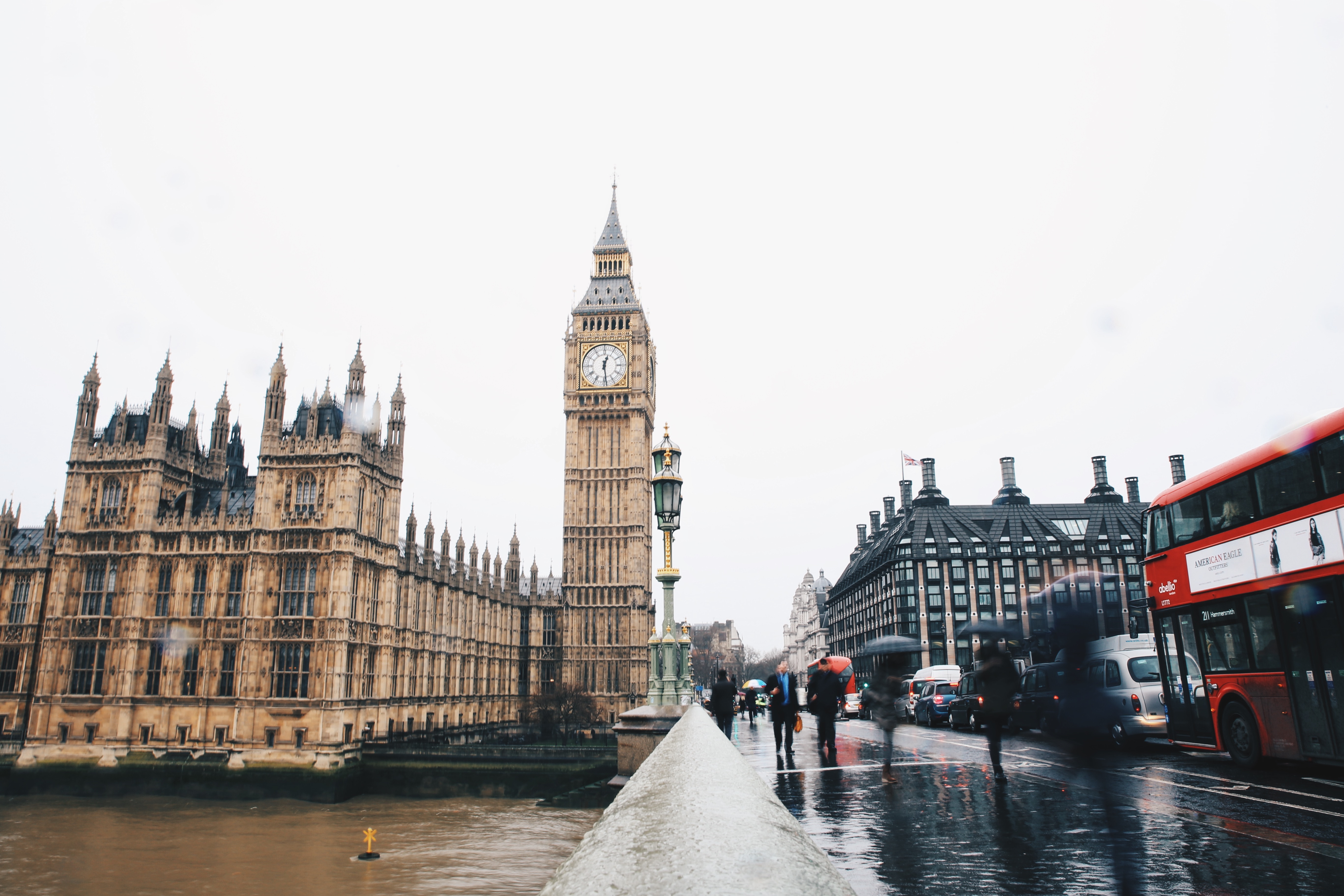
Only 37% of People in the UK Believe That Parliament Will Have Equal Numbers of Men and Women in Their Lifetime
A new poll by Survation found that people in the United Kingdom, particularly younger generations, consider the role of women in Parliament important, yet few believe that equal representation will be achieved in their lifetime.
Survation polled 2,082 adults in the UK between 12th – 29th January on behalf of the Fawcett Society to see what attitudes people have towards women’s rights issues.
Women’s role in Parliament
The poll discovered that two in three (67%) people in the UK agree that having more women in Parliament means that issues impacting women are more likely to be discussed. No major differences could be seen when looking at gender, since both men (65%) and women (70%) expressed agreement over the issue.
While women (59%) were more likely than men to say that seeing more women in Parliament makes them feel that politics is relevant to them, as many as a third of men (35%) also believe this.
When asked whether, in order to get more women into Parliament, political parties should set themselves targets for women candidates, more people agreed (44%) than disagreed (31%), while 15% of people polled said they “neither agree nor disagree”. Those who agreed with the statement were then asked whether parties should set out how they plan to achieve these targets, and a clear majority (77%) agreed that they should.
Despite people sharing the aforementioned views, the poll showed that only 37% of people in the UK believe that the UK Parliament will have equal numbers of women and men within their lifetime. Interestingly, women (40%) had slightly more faith in achieving these equal numbers than men (33%) did.

Different generations have different views
Two in five (42%) people in the UK said that each political party should put in place a system that requires they have equal numbers of women and men as candidates. More women (51%) than men (33%) expressed this view.
Also, there was a clear difference when looking at different age groups- younger generations were much more likely to agree that political parties should put such a system in place than older people. The poll showed that men aged 18-34 (61%) were nearly three times more likely to agree than men aged 55 and older (22%). While differences when looking at women of different ages weren’t as distinctive, the poll showed that here too support for such a system slightly decreased with age. Three in five (58%) women aged 18-34 agreed, while only two in five women aged 55 and older (40%) did.

When asked if the Government should change the law so that political parties are required to have equal numbers of women and men as candidates, slightly more people disagreed (38%) than agreed (36%). Again, the poll showed that younger men (51%) and younger women (52%) were most likely to agree with this, in contrast particularly to older men. Only 14% of men aged 55+ would agree with the Government changing the law related to this issue.
Survation polled 2,082 adults in the UK aged 18+ between 12th – 29th February 2018. Full tables can be found here.
< Back

